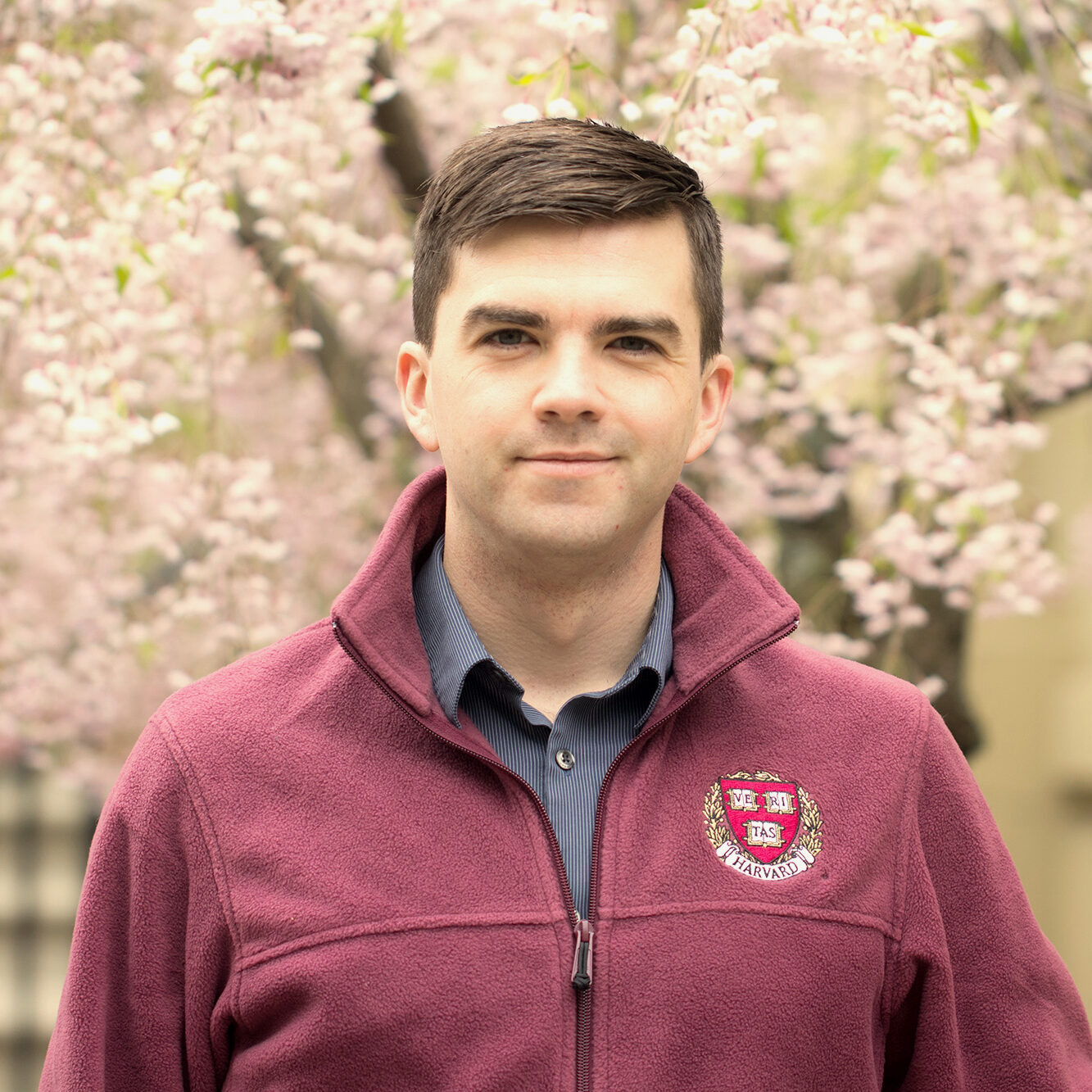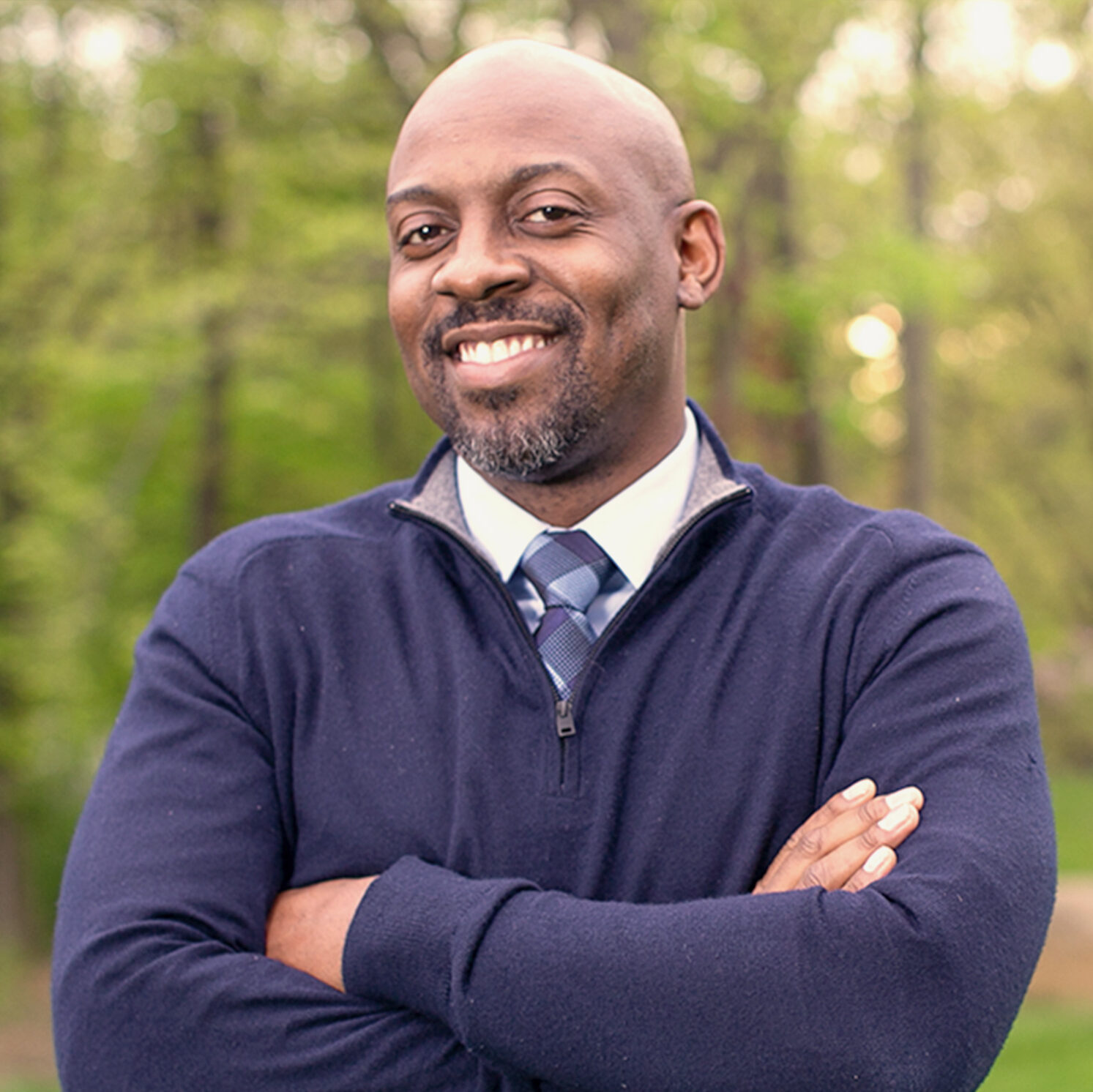Why did you decide to earn a degree at Harvard Extension?
It all began while working in a Naval intensive care unit at 3 a.m. thinking about how I was always encouraged to go to school. Knowing I would need a flexible, adult-oriented continuing education program, I began searching for academically rigorous programs that fit the bill. That search—quite appropriately — led me to Harvard Extension School.
I decided to apply to Harvard Extension School’s bachelor’s degree program because I desired an intellectual challenge and rigorous preparation for future graduate-level studies. I wanted to learn from recognized leaders within their fields.
How will this experience help you in your career or personal development?
My diploma from Harvard Extension School was the keystone of my graduate school applications and resulted in admission to multiple highly ranked research institutions, including Georgetown, where I begin my master’s of science program in Health and the Public Interest this fall.
What was the most challenging aspect of your time at Extension? What was the most rewarding?
The most rewarding aspect of my time at the Extension School was having the privilege to work as a faculty aide alongside distinguished faculty members on urgent matters of public health, such as suicide and climate change.
The most difficult challenge I had to overcome was finding the motivation to complete assignments and study after a grueling day of work. It was also difficult to find the appropriate work-life balance and adjust that balance over the years, especially as I transitioned from a part-time to a full-time student.
If you took most of your courses online, what was the online experience like for you? How did you ensure success?
I came close to failing a course early in my academic career due because I bit off more than I could chew one semester! Patience was the most valuable trait I could nurture as a distance student. I had to become comfortable with the idea that this degree would take significantly longer than traditional programs would—and that wasn’t a bad thing.
How did you manage to balance your studies with work and family responsibilities?
I achieved balance by changing my rate of pursuit depending on my other responsibilities. Going into this degree with an inflexible plan would have been disastrous.
Communication was also important: my lifestyle was constantly adapting to the changing requirements of work, relationships, and school. I tried to maintain open dialogues with my family and supervisors about school so they could become the support network I knew I would need.
What types of student resources and special options did you take advantage of as a student at Harvard? How did they help?
Working as a faculty aide provided me with priceless experience, letters of recommendation, and clarity for my future goals.
The Student Financial Aid Office was always available to answer questions. The incredible people there helped me secure several scholarships (for example, the Massachusetts Cash Grant) so I could graduate debt-free.
I interacted with various academic advisors, including Ms. Stinett, Mr. Ouchida, and Mrs. Rublee. They were all deeply committed and passionate about their work. It wasn’t just a job for them, and it showed in the way they would help me choose classes and handle the special circumstances that inevitably arise during eight years of studying.
In which ways did you connect with the Harvard community?
I connected with students the most during class-organized activities and discussions. Some of my friendships from my first online class, EXPO-25, continue to this day.
My experience on campus has been largely positive. The biology and chemistry laboratories are phenomenal. The museums have priceless works of art. The Widener Library, especially the Loker Room, is “peak” Harvard (although I personally prefer the Child’s Library on the fourth floor).
Do you have a favorite class or faculty member? Why?
Choosing one means excluding so many that I feel I should choose someone from outside my field of study. Greg Marinovich’s Exposing Digital Photography course was an incredible introduction to photography that still managed to touch on broader issues, like ethics in photojournalism. I had never owned a camera before that class; now I do underwater photography at 130 feet inside sunken ships. Greg genuinely enjoys engendering a passion for photography among his students, and I would recommend any course he teaches.
Do you have any advice for new students?
Slow is smooth, smooth is fast. Be honest about your abilities and flexible in your application of them. Challenge yourself and your own perceptions. It’s a liberal arts degree: treat it like one and take courses liberally.
Read past course reviews and current syllabi before picking classes. Go to office hours. Become a faculty aide at least once. Visit the Harvard museums (for free).
Above all, stick with it.
Describe your Extension School experience in one word.
Perseverance.
This interview has been edited for clarity and length.

